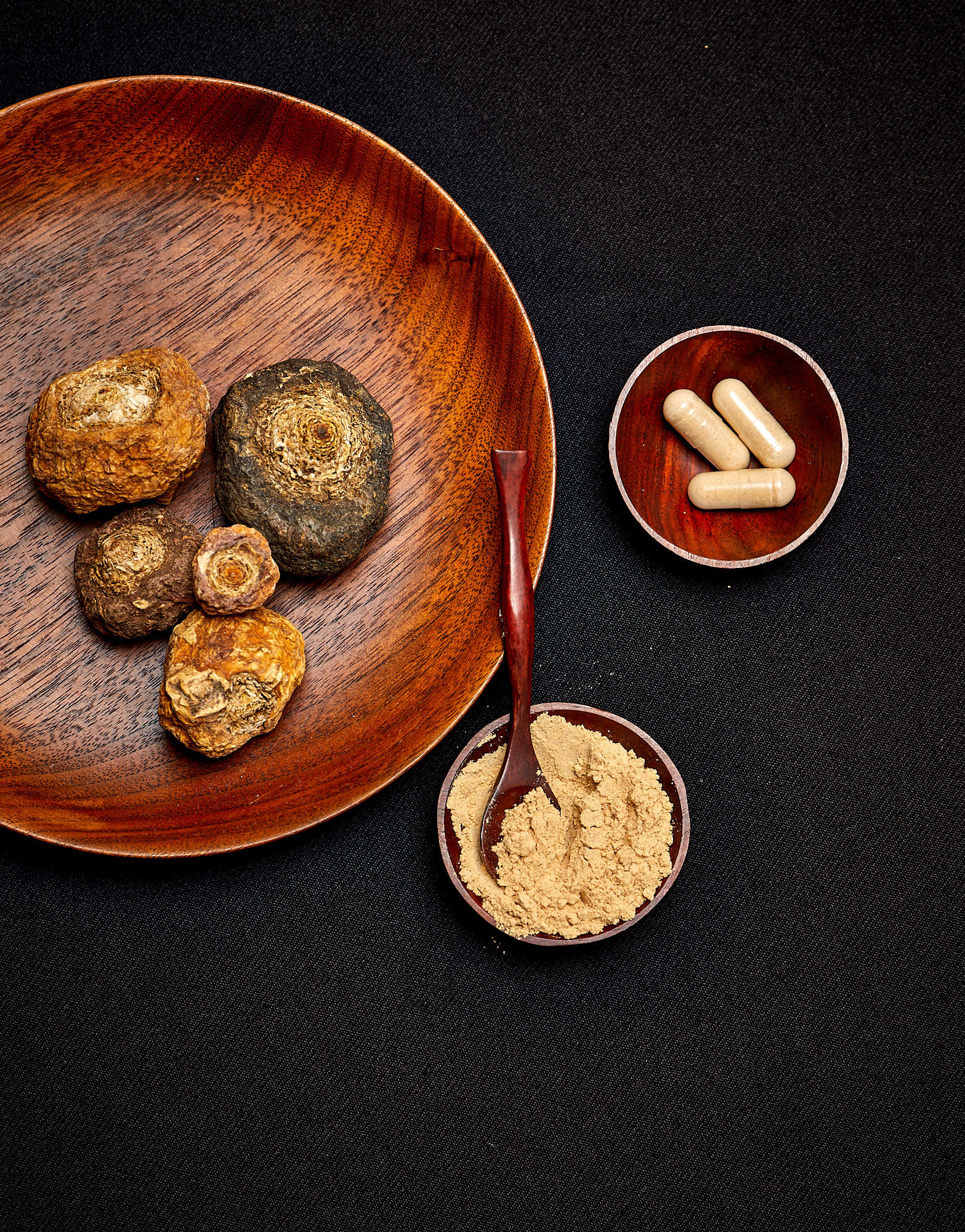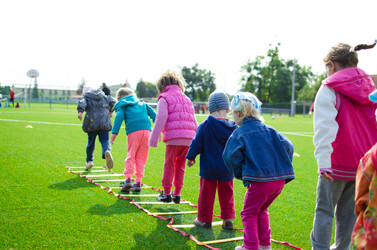Can Children Take Maca Root?
Posted by The Maca Team on 6th May 2025
Can Children Take Maca Root?
What Parents Need to Know About This Popular Superfood
Maca root has gained widespread attention for its energy-boosting, hormone-balancing, and mood-enhancing properties. Known as a powerful adaptogen, this ancient Peruvian root has become a staple in the wellness routines of adults seeking natural support for vitality, endurance, and hormonal health. But what about kids? As more families embrace superfoods, many parents wonder: Is maca root safe for children?
The (not so) short answer: possibly, but with caution. While maca has a long history of traditional use by all ages, its effects on children are not fully understood in modern science. In this post, we’ll explore what maca root is, how it works, and what parents should consider before giving it to their children.
What Is Maca Root?
Maca root (Lepidium meyenii) is a plant native to the high Andes of Peru. Traditionally consumed as a food and medicine, maca has been used for centuries by indigenous people to support stamina, fertility, and resilience in harsh mountain climates. It is rich in amino acids, vitamins, minerals, and plant sterols, and is classified as an adaptogen: a natural substance helping the body adapt to stress and restore balance.
Today, maca is commonly sold in powder, capsule, and extract forms, often marketed for boosting energy, enhancing mood, and supporting hormonal health.
Traditional Use of Maca in Peruvian Culture

In the Andes, maca has been used as a food source for people of all ages, including children. It’s often boiled, baked, or fermented into drinks. This long history of use suggests that maca, when consumed as a whole food, is generally safe for families.
However, it’s important to note that traditional maca use differs significantly from how it’s consumed today. Modern maca supplements are often more concentrated, sometimes gelatinized (pre-cooked for easier digestion), and taken in higher doses than traditional food forms.
What Science Says About Maca and Children
Scientific research on maca has largely focused on adults - particularly men and women seeking hormonal support. Few studies have investigated its safety or effects on children, and no major clinical trials have been conducted on maca’s impact on child development or puberty.
Because maca can influence the endocrine system, particularly sex hormones like estrogen and testosterone, experts recommend caution with children. Hormonal systems in children and teens are still developing, and even small disruptions could potentially have unintended effects.
That said, there is no evidence maca is inherently harmful to children, especially in moderate, food-like amounts. The key lies in the dosage, form, and reason for use.
When Might Parents Consider Giving Maca to Kids?
Some parents consider maca for their children in specific situations, such as:
- Supporting energy levels in highly active kids or young athletes
- Improving focus or concentration in school
- Boosting mood and emotional resilience during stressful periods
- Helping with early signs of hormonal imbalance in adolescents
In these cases, maca may offer natural support. However, it’s essential to consult a pediatrician or healthcare professional, preferably one familiar with herbal or integrative medicine, before introducing maca into a child’s diet.
Choosing the Right Type and Dose
If your child’s healthcare provider gives the green light, here are some guidelines for safe use:
1. Start with Food-Grade Maca
Choose pure, top-quality maca powder or gelatinized maca, which is easier to digest. Avoid highly concentrated extracts or capsules unless directed by a health professional.
2. Begin with Small Amounts
For younger children, ¼ to ½ teaspoon of maca powder a few times a week is generally considered a cautious starting point. Teenagers may tolerate up to 1 teaspoon, depending on their size and sensitivity.
3. Watch for Reactions
Start slowly and observe how your child responds. Look out for changes in sleep, behavior, or mood. If any unusual symptoms occur, discontinue use and consult a healthcare provider.
Are There Any Risks?
Maca is generally well-tolerated, but possible side effects - especially if taken in large doses - may include:
- Sleep disturbances
- Hyperactivity or irritability
- Digestive upset
These effects are rare and typically subside with dosage adjustment or discontinuation. Children with thyroid conditions should also avoid raw maca, which contains goitrogens that may interfere with thyroid function. Gelatinized maca is a safer choice in these cases.
Proceed With Care and Awareness

Maca root is a nutrient-dense superfood with a long history of safe, traditional use. While it may offer benefits for some children, especially teens, its effects on developing hormonal systems are not well studied. As with any supplement, the best approach is to prioritize whole, balanced nutrition and consult a knowledgeable healthcare provider before introducing maca into your child’s routine.
For parents who decide to try maca for their kids, starting with small, food-like amounts and using high-quality, organic maca powder - like the ones we offer at The Maca Team - can help ensure a safe and gentle experience.
Why Shop From The Maca Team?
At The Maca Team, we’re proud to offer premium, organic, traditionally grown maca in a variety of formulations to suit your individual needs. Explore our collection of maca powders, capsules, and extracts today, and experience the real power of nature’s ultimate adaptogen for yourself. Got questions? Please don’t hesitate to reach out! We’d love to hear from you. You can Contact Us using our web form, or call us toll-free at 888-919-8616.
Enjoy the Day!

